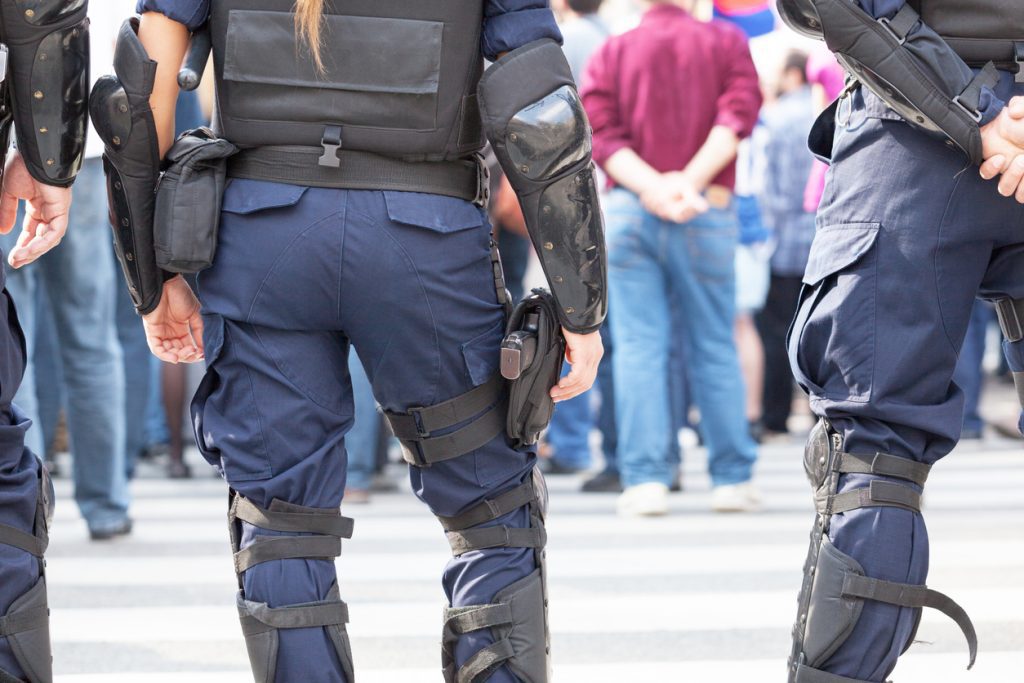The legal term “no-knock warrant” is back in the news again. This time, it’s making headlines after police shot and killed Amir Locke during the execution of a no-knock warrant. Police shot and killed Breonna Taylor in 2020. But when people see a video of police entering a home and shooting someone to death who is asleep on the couch, it’s not surprising that they have questions about no-knock warrants.
What is a no-knock warrant?
A no-knock warrant is a search warrant that allows police to enter a home without knocking or announcing their presence. Usually, if police have a search warrant, they can (or at least should) go to the home, knock on the door, show the occupant the warrant and begin the search. If that happens, the occupant knows the people entering their home are police officers conducting a lawful search.
But no-knock warrants allow police to avoid announcing or otherwise making their presence known. In this sense, police can essentially sneak into a home and surprise the occupants. The idea behind these warrants is that it prevents the destruction of evidence. For example, in a drug bust, a no-knock entry could prevent the occupant from having a chance to flush drugs down the toilet. These warrants also allow police to surprise a suspect, which, police claim, keeps themselves and others safe.

What are the problems with a no-knock warrant?
But, if you’ve paid attention to the protests surrounding Locke’s and Taylor’s deaths, you know that no-knock warrants are controversial. Imagine being in Locke’s or Taylor’s shoes. In both instances, you were asleep when police entered your home by surprise and, within a matter of mere seconds, started shooting at you. Yet you never did anything wrong. That is precisely the problem with no-knock warrants.
If you own a gun, the reason (or one of the reasons) you have it is for protection — especially at night. If someone enters your home by surprise, you go for your gun. Maybe you don’t plan to use it. But you want it just in case. If you’re asleep when the intruder enters, the fact that they allegedly said they were police does guarantee your safety. And you certainly don’t have a chance to make sure you’re safe when the police shoot and kill you in less than ten seconds after entering your home.
Is the controversy over no-knock warrants political?
No. Unlike most controversies, no-knock warrants face criticism from all over the political spectrum. Those concerned with the safety of their homes and their privacy rights are especially troubled by the growing use of no-knock warrants by law enforcement. Rob Doar, the Senior Vice President of the Minnesota Gun Owners Caucus, a gun-rights group in the state where police shot and killed Locke, explained gun owners’ perspective after Locke’s death.
“I think what we’re seeing right now is innocent people are dying because of the use of no-knock warrants,” Doar said. “If we have to pick between no-knock warrants being utilized at all or innocent people being killed simply because there’s evidence that police want to gather, we would much rather err on the side of the citizen, and prohibit the use of no-knock warrants.”

The Takeaway:
Police use no-knock warrants to enter homes without knocking or announcing their presence. This benefits police because suspects can’t destroy evidence or put others in danger. But, as we’ve seen with Locke, Taylor and so many others, no-knock warrants put innocent people in danger.






